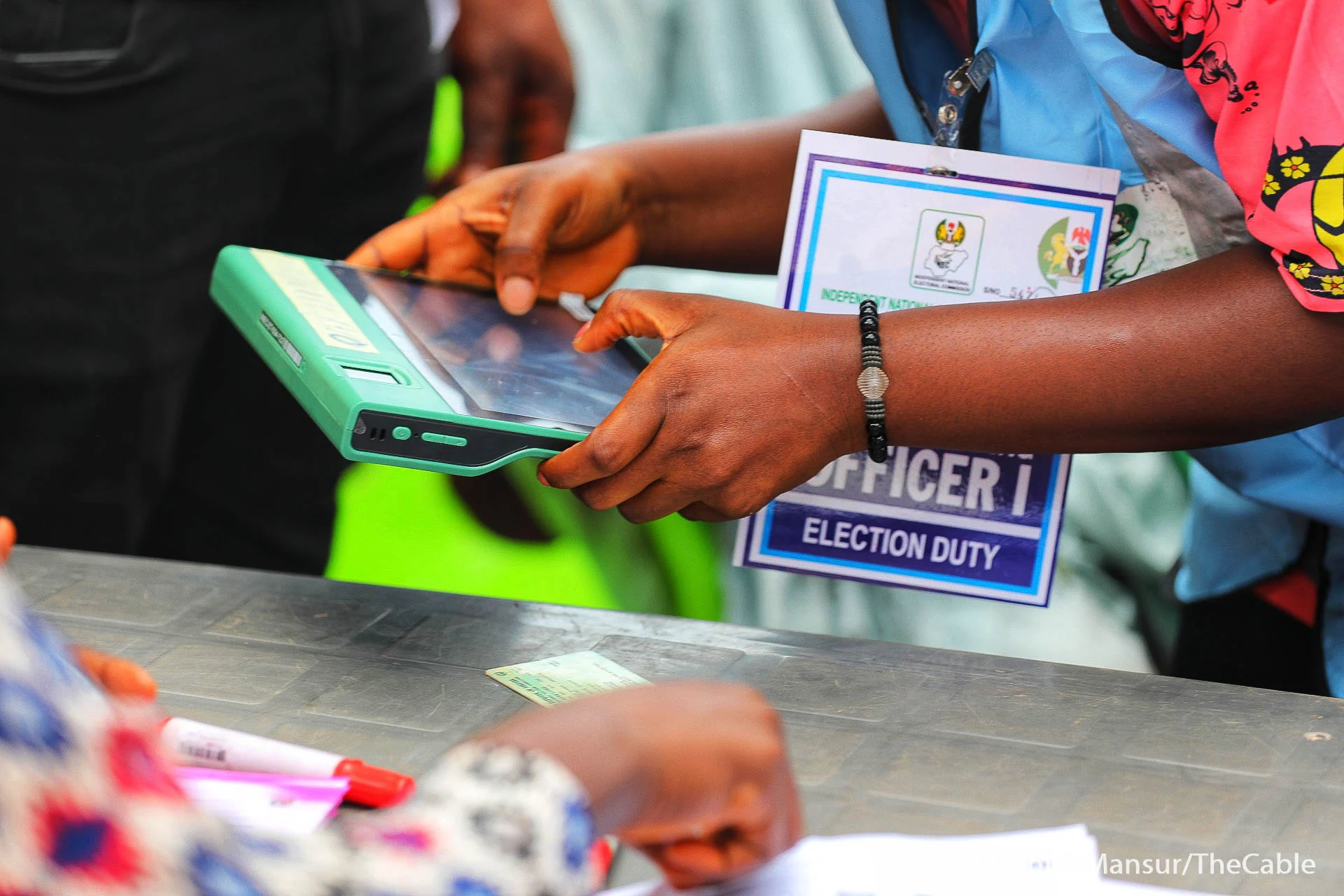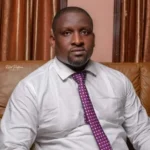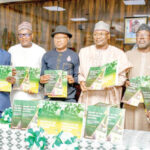By Ibrahim Faruk
On June 28, 2021, the Independent National Electoral Commission (INEC) commenced the online registration of Nigerians who turned 18 (fresh registrations) or had never registered since the 2019 General Elections as well as Nigerians seeking to transfer their registrations, apply for replacement for defaced or lost PVCs and information updates on the register. On June, 27 2022, one year after the commencement of the continuous voter registration (CVR) process, INEC announced that there were a total of 10,487,972 fresh registrants; however only 8,631,696 had completed their registration, with 3,250,449 starting online and completing it at the INEC registration centres while 5,381,247 where started and completed physically at the INEC registration centres.
An estimated 4.5-5 million Nigerians turn 18, which is the constitutional age of electoral franchise, each year. This translates to between 18-20 million potential ‘new voters’ from the 2019 general elections to the 2023 general elections. This is the generation that largely participated in the October 2020 #EndSARS protests. One of the prevalent narratives during and after the protest centered on a need to participate in political, electoral, and democratic processes and indicated a need for youth to move beyond the protests. To move from protest to power is the work when the protest crowds eventually go home, and a lot of the decisive politics and power-broking happens. The post-protest moment is of vital importance in influencing whether protests are ultimately meaningful – and whether their impact is positive. However, once the continuous voter registration process began 8 months after the protests, the level of youth participation in the CVR process compared to the protests in October 2020 was abysmally low. The thousands of Nigerian youth who marched on the streets were absent at the voter registration centres.
- Why Kaduna train attackers invaded Kuje prison
- 2023: APC former delegates ask court to stop Tinubu from replacing Masari
This has changed since the political party primaries were concluded between May – June 2022 by various political parties in preparation for the 2023 General Elections. There has been a noticeable increase in the number of young people flooding the INEC registration centres to register, transfer, apply for replacement or update their information on the voter’s roll. The political party primaries, it seems, served as a greater trigger than the #EndSARS protests to move the country’s largest demographic to register to vote.
The efforts of civil society groups such as Yiaga Africa with the #YouthVoteCountNG Mega Concerts in Lagos and Abuja, #SixtyPercentOfUs and #RunToWinNG Projects which seek to increase youth registration, PVC collection and voter turnout towards the 2023 Elections as well as efforts by ABENOL, TASCK, #YVoteNaija and #GoNigeria contributed to creating awareness on the importance of the electoral process. A cocktail of these factors contributed to the surge of young Nigerians who continue to throng the voter registration centres and have accused INEC of frustrating their efforts to participate in the 2023 Elections.
In 2011, INEC procured and deployed over 132,000 direct data capture machines (DDCMs) – one per each of the 119,974 polling units (PUs) and each of the 8,809 registration areas (RAs), with a provision for some contingency, to facilitate the capture of the biometrics and other data of registrants during the three-week voter registration exercise conducted between January 15th and February 4th, 2011. This facilitated the registration of a total of 73,528,040 eligible Nigerians at the end of the exercise.
By 2021, INEC had established 56,872 new polling units in a bid to expand access to polling units for the increased number of voters. This was the first time additional polling units have been created in Nigeria since 1996, when the Commission established 119,974 polling units. This increase brings the total number of polling units in Nigeria to 176,846. It is expected that INEC will deploy the Bimodal Voter Accreditation System (BVAS) machines to each of these polling units on Election Day.
Considering that the BVAS machines are also used by INEC as the INEC Voter Enrolment Device (IVED), INEC should be able to deploy these machines as part of decentralizing the voter registration to the polling units so as to register as many eligible Nigerian citizens as possible before the 2023 elections.
However, this has not been the case as the lack of adequate machines is hampering the CVR process, and could be an impediment to ensuring all willing and eligible voters are able to register before the process ends.
The inability of INEC to provide more machines to ensure the voter registration process is as smooth as possible for every Nigerian raises questions on the readiness of the Commission for the 2023 Elections in terms on the number and current level of functionality of the IVED/BVAS machines that have been procured for the elections.
Section 3(3) of the Electoral Act (2022) has strengthened the financial independence of the Independent National Electoral Commission by ensuring that funds for general elections must be released at least one year before the election. The insertion of the clause is aimed at preventing such situations by ensuring that INEC has the needed funds it needs for the smooth running of activities preparatory to elections, in this case, to procure the adequate number of IVED/BVAS machines for voter registration.
It is incumbent upon INEC to ensure that every eligible and willing Nigerian registers to vote and is able to vote in the 2023 elections. However, without INEC increasing its capacity to register all prospective voters, the opportunity presented by its extension of the deadline for closing voter registration will not be maximized.
More importantly, it must also ensure that the Permanent Voters’ Cards of all those who have undergone fresh registration, transferred their PVCs, or requested for replacement of lost PVCs are produced in time to enable registered voters to collect them and participate in the General Elections scheduled for February and March 2023.
This is critical to increasing the level of turnout in the elections and reversing the declining turnout recorded in the last two elections.
To quote the INEC chairman at the #YouthVoteCountNG concerts in Lagos and Abuja, votes cast in the 2023 elections will count. However, citizens have to be able to vote first before their votes will count.
As former US President Barack Obama once said, “There is no such thing as a vote that does not matter. It all matters.”
Ibrahim Faruk is a Program Manager with Yiaga Africa’s Governance and Development Programme

 Join Daily Trust WhatsApp Community For Quick Access To News and Happenings Around You.
Join Daily Trust WhatsApp Community For Quick Access To News and Happenings Around You.

